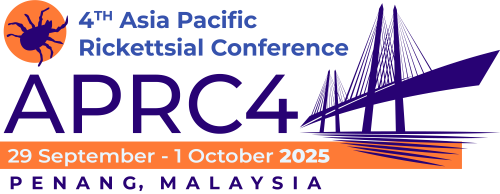The Emerging Extracellular Vesicles-Based Vaccine Modality
The Emerging Extracellular Vesicles-Based Vaccine Modality Pooi-Fong Wong Department of Pharmacology, Faculty of Medicine, Universiti Malaya Extracellular vesicles (EV) are derived from inward budding of the endosomal membrane. They are involved in the delivery of molecular cargoes and intercellular communication. Due to their biocompatibility and modifiable structure that facilitate the incorporation of exogenous components into their surface or lumen, EV-based nanocarriers support multimodal vaccine design by co-delivering antigens and co-stimulatory molecules to enhance immunogenicity, stability and promote targeted delivery. Recent developments of EV-based vaccines has primarily focused on cancer. Our study explores the utility of EV as a multimodal delivery platform of viral antigens and co-stimulatory molecule. The EV-based vaccine was constructed by modifying the EV membrane via the fusion of the EV-enriched membrane-anchoring proteins with the customised antigenic peptide/protein sequence and a co-stimulatory protein. The fusion plasmid constructs were subsequently co-transfected into HEK293T cells to generate EV that co-expressed both the antigen and co-stimulator. The engineered EV were isolated using sucrose-cushion ultracentrifugation. Physicochemical properties were confirmed by nanoparticle tracking analysis. Flow cytometry and dot blot confirmed the expressions of antigen and co-stimulatory molecule. Vaccine immunogenicity was determined in mice. Preliminary data revealed increased antigen-specific humoral immunity in mice, without overt signs of toxicity. Hence, our findings suggest that EV have potentials as a flexible multimodal vaccine platform for future vaccine development.
